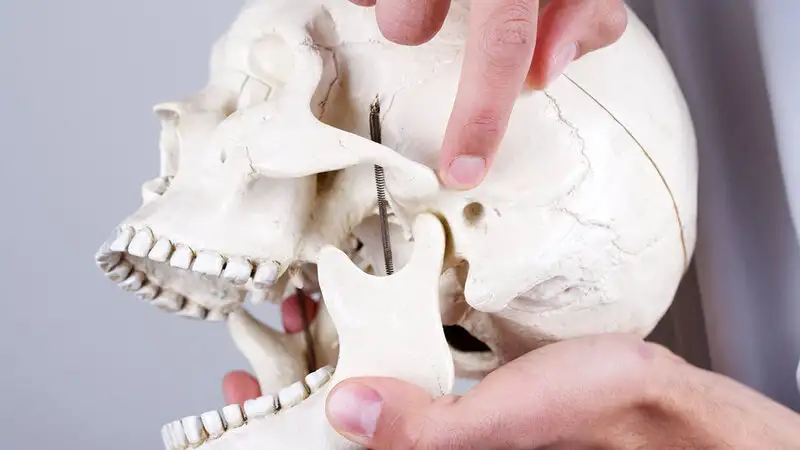Do you often feel jaw pain or hear clicking sounds when you chew? These could be signs of a TMJ disorder. But there’s more to TMJ than just the common symptoms. It can affect your daily life in ways you may not notice right away.
Learning more can help you find the right relief. Want to understand what’s really going on with your jaw? Keep reading to explore TMJ beyond the basics and discover helpful solutions.
TMJ Basics
TMJ stands for temporomandibular joint. It connects your jawbone to your skull. This joint helps you talk, chew, and yawn. When it works well, you don’t even notice it. Problems start when the joint is damaged or stressed. You might feel pain or stiffness in your jaw.
Sometimes the joint makes popping or clicking sounds. These issues are called TMJ disorders. They can happen on one or both sides of the jaw. Understanding how this joint works is the first step to finding relief.
Uncommon Symptoms
TMJ disorders can cause more than just jaw pain. Some people get frequent headaches or migraines. You might notice ringing in your ears or feel pressure inside them. Dizziness or balance problems can also occur.
Some people even feel tooth pain without a dental issue. Trouble sleeping is another possible sign. You may also feel tired from clenching your jaw at night. These symptoms can be confusing and seem unrelated. That’s why it’s important to look beyond the usual signs.
Daily Struggles
Living with TMJ can make simple tasks hard. Eating tough or chewy foods may cause pain. Yawning or talking for long periods can be uncomfortable. Some people wake up with a sore or stiff jaw. It can be hard to focus when you’re in constant discomfort.
Chewing gum or even brushing teeth might feel painful. You may avoid social situations because of the pain. Stress can make symptoms worse by causing jaw clenching. Sleep can be poor due to nighttime grinding. These small struggles can add up and affect your quality of life.
Causes and Triggers
TMJ problems can have many causes. Injury to the jaw can lead to joint issues. Grinding or clenching your teeth puts pressure on the joint. Poor posture can also affect your jaw muscles. Stress often makes the symptoms worse. Arthritis may damage the joint over time.
A bad bite or uneven teeth can create tension in the jaw. Habitual chewing on one side can also be a trigger. Even chewing gum too much can cause pain. Knowing what causes your symptoms helps in finding the right treatment.
Getting the Right Help
If you have jaw pain or other strange symptoms, it’s time to talk to a professional. A dentist or doctor can check your jaw and bite. They may refer you to a top TMJ specialist for further care. This expert knows how to find the root of the problem. You might need X-rays or scans to see what’s going on.
The right treatment can ease your pain and improve your daily life. Options include therapy, night guards, or stress relief methods. Sometimes small changes in habits can help a lot.
The sooner you get help, the better you’ll feel. Don’t wait-let a top TMJ specialist guide you to lasting relief.
Learn More About TMJ
TMJ disorders can affect more than just your jaw. They may cause pain, stress, and daily struggles. Knowing the signs helps you take action early.
Treatment from a specialist can bring real relief. Don’t ignore the pain-get the help you need.
Visit our blog for more! For more information, visit our website.
